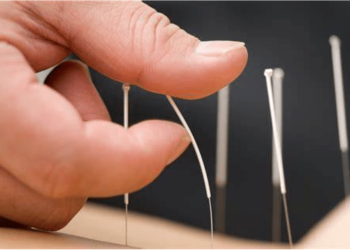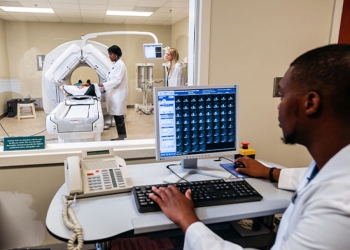On World Rabies Day, the Centre unveiled NAPRE, a nationwide action plan aimed at eliminating dog-mediated rabies by 2030. Mansukh Mandaviya, Minister of Health, and Parshottam Rupala, Minister of Fisheries, Animal Husbandry, and Dairy, announced the National Action Plan for Dog-Mediated Rabies Elimination by 2030. (NAPRE).
The two Union ministers also announced the introduction of the Joint Inter-Ministerial Declaration Support Statement for the One Health Approach‘s goal of eliminating dog-mediated rabies in India by 2030. The Union Health Minister also discussed the disease’s human toll. Mandaviya recognized that most victims of the disease are individuals who are in the most productive years of their lives, based on his personal experience of contracting a zoonotic disease while treating an animal. He noted that zoonotic illnesses such as Rabies claim the lives of people in their prime, depriving families of a wage earner.
Also, know the 10 Health Benefits of Golden Milk
Rupala discussed the threat of rabies in the country’s rural areas. The sickness is referred to as ‘Hadakwa’ in the communities. The mere mention of the word “Hadakwa” causes fear in rural communities, according to him. When villagers realize that Rabies is pronounced “Hadakwa,” they will be more willing to help. They will provide a hand to the administration in this laudable cause.
In popularising the actions to be undertaken under the plan, Rupala requested that senior officials utilize the more known word ‘Hadakwa’. In the case of Rabies, he also emphasized the importance of educating people about the differences between vaccines and medicines. She expressed her optimism that the NCDC, with its extensive experience in combating zoonotic illnesses such as Nipah, Zika, and Avian flu, as well as disease monitoring such as influenza and hepatitis, will play a significant role in the government’s efforts to strengthen the One Health strategy.
Sanjeev Kumar Balyan, Minister of State for Fisheries, Animal Husbandry, and Dairy, emphasized the necessity of the One Health concept by stating that novel techniques are needed to address the health concerns of this era, as two-thirds of all current diseases originate in animals.























